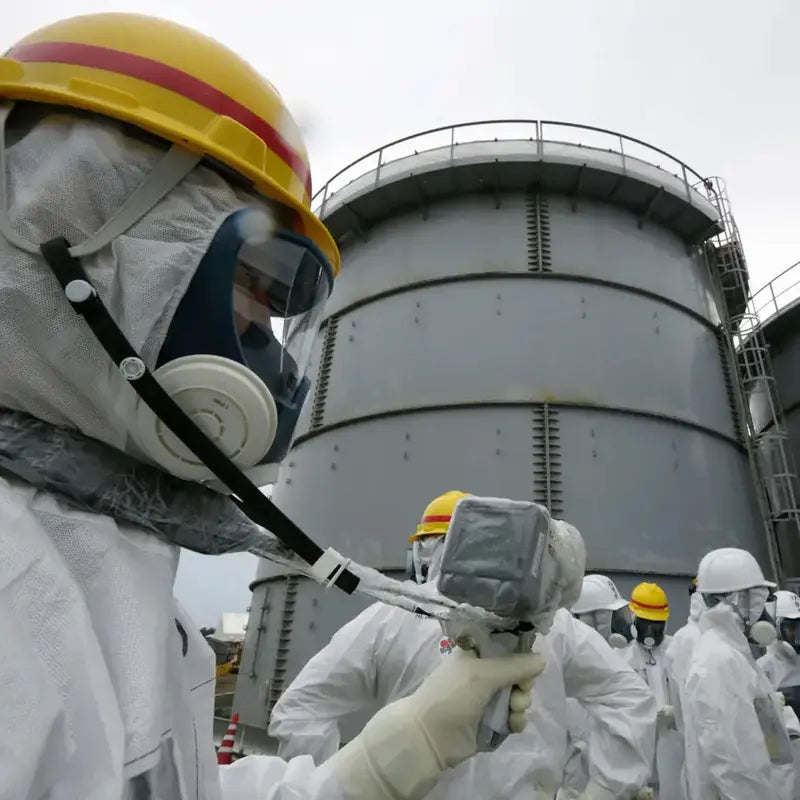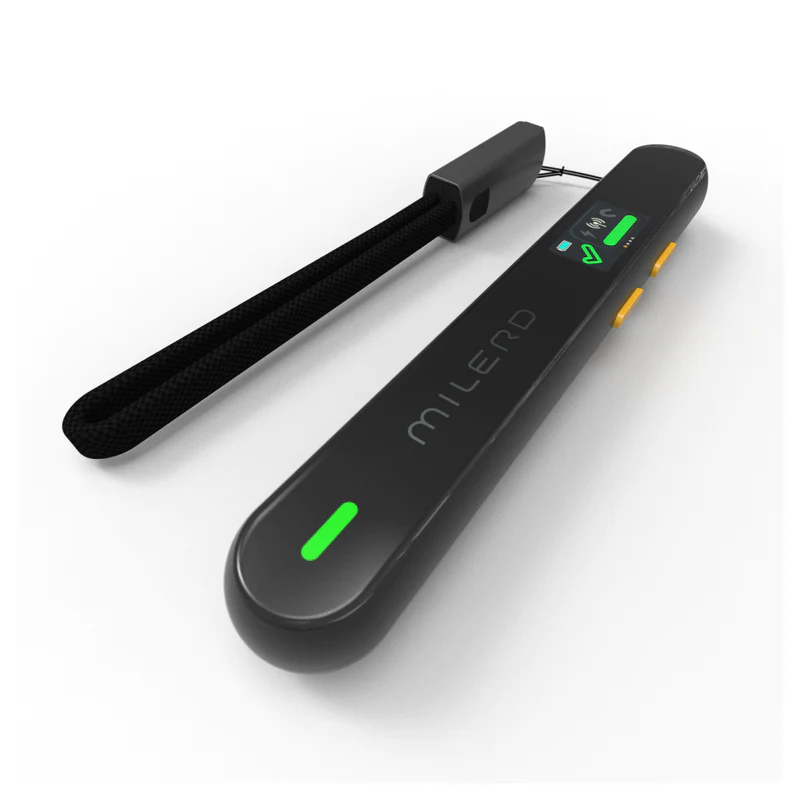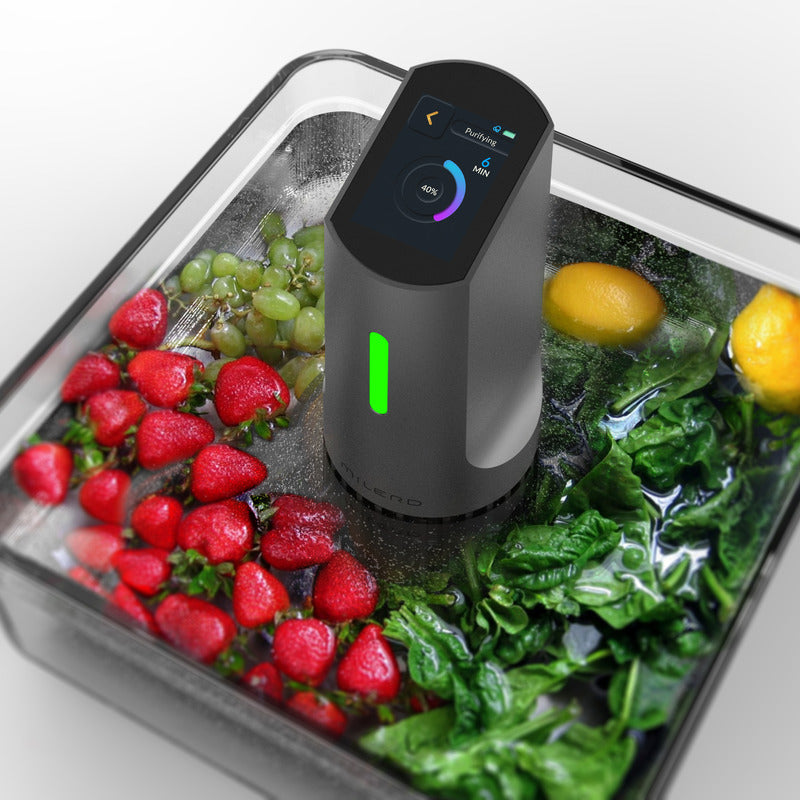The Nuclear industry prides itself on safety and generally it has an excellent record but that does not mean that accidents and leaks do not occur and sometimes these can affect us all if you either live near a nuclear plant or facility that uses nuclear energy.
More countries use nuclear energy than people realise and Japan is such a country. Since the turn of this century Japan has been unfortunate to suffered 7 such accidents and while 5 leaks have been listed as small leaks and have happened in within and been contained inside those nuclear plants they have resulted in 5 deaths and a further 36 workers within those plants were either injured or exposed to radiation.

Most worrying of course were the 2 massive leaks caused by earthquakes that caused major damage to two nuclear plants. The first was in July 2007 when an earthquake measuring 6.8 on the Richter scale hit the region where the Tokyo’s Electrics Kaskiwazaki-Kariwa Nuclear plant is located and radioactive water spilled into the Sea of Japan. This was the world’s largest single nuclear power station. The plant and all its reactors were shut down for damage checks and repair and they have never fully reopened. The second happened in March 2011 when an even larger earthquake measuring 9.0 on the Richter scale erupted in the Sea of Japan and an associated subsequent Tsunami triggered cooling problems at the Fukushima plant affecting their 1 & 2 stations with a number of reactors affected. Loss of coolant resulted in meltdowns in three units, explosions and severe structural damage to the plant. Radioactive steam was released into the atmosphere, and highly radioactive water spilled into the Pacific Ocean through utility trenches. Some immediate injuries resulted. 117 workers received various doses of radiation, 2 died but its believed a further 575 people working or living near the plant also died as a result of direct causes.

Now on the 7th February 2024 yet another accident has occurred in Japan the 8th. It has been reported that Radioactive water leaked outside a storage building holding contaminated water again at Fukushima’s No. 1 nuclear plant for the Tokyo Electric Company (TEPCO).
TEPCO has reported that it believes that 5.5 tons of water containing radioactive substances which emit gamma rays leaked only within that storage area.
TEPCO claim none of the radioactive water leaked to any surrounding areas or into the sea near the nuclear plant.
According to TEPCO a worker discovered the leak from a ventilation pipe which was attached to a wall. The contaminated water fell onto a steel plate on the ground and may also have seeped into soil because of gaps in this steel plate.
The company has further stated that emergency clean-up work started almost immediately to repair the leak and deal with the water and collect the soil which may have been contaminated.
TEPCO have started to investigate how the leak occurred but this has caused yet a wider investigation involving the Japanese Government and other nuclear agencies from around the world.

With another accident it does ask a question as to how ordinary people would be able to protect themselves should a far bigger catastrophe occur in any country that has nuclear power of any kind. Industry is already starting to invest in detectors near these plants but now there are excellent personal devices that can detect even minute levels of radiation in the atmosphere, on the ground, in crops, water, in buildings and homes. Surprisingly these radiation detectors are not as expensive as you might imagine. They can be very precise, small, light, easy to use with easy understandable digital readers. Maybe it is time for ordinary people to invest in such a device to learn and discover how much radiation is around you even if it is nowhere near as dangerous as leaks from nuclear facilities.



Leave a comment
This site is protected by reCAPTCHA and the Google Privacy Policy and Terms of Service apply.